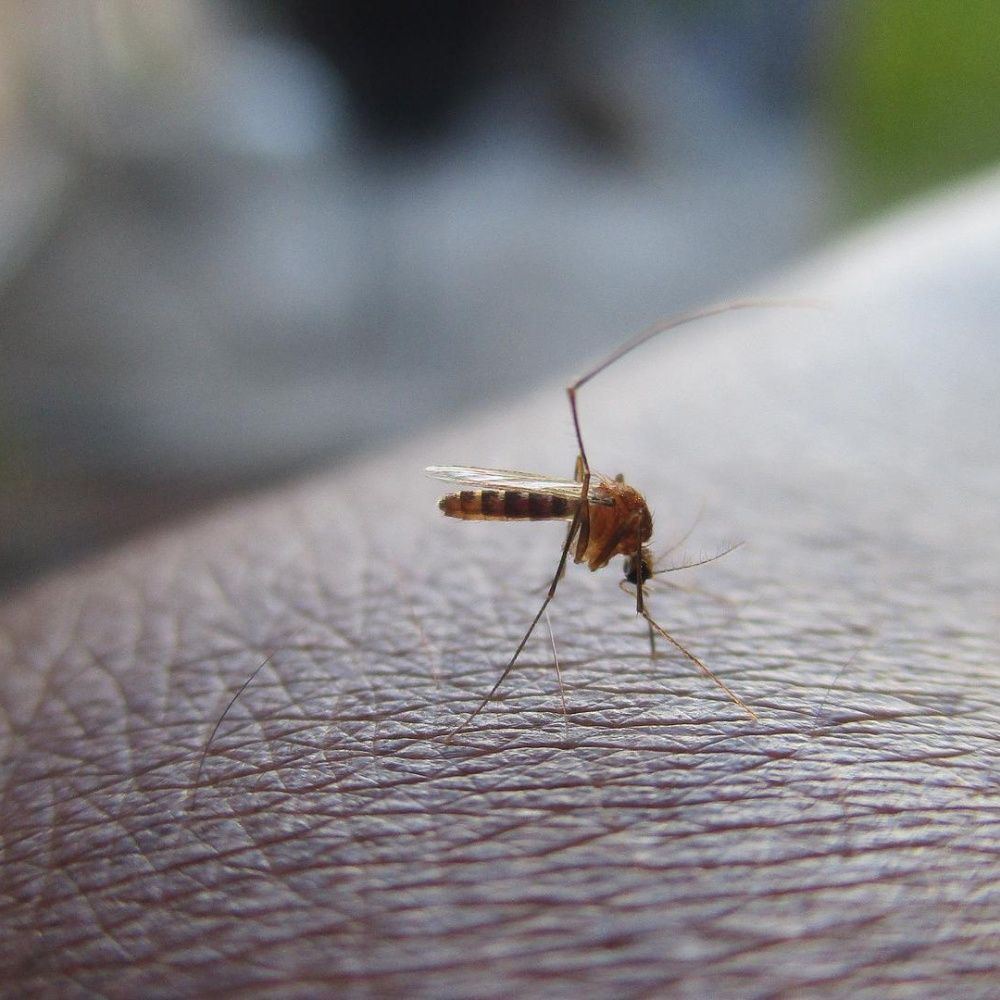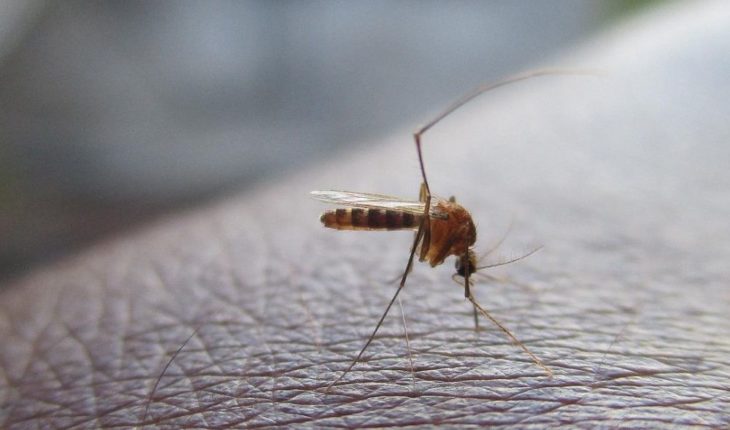
Madrid.- Diagnosis of infected but asymptomatic people is key to improving the treatment of various tropical diseases and approaching the goal of their elimination, according to a study in which the Spanish Carlos III Institute of Health (ISCIII) participated and published in Seminars in Inmunopathiology.La Chagas disease, human African tryptonosis (sleep disease), leishmaniasis, filariasis or malaria are some tropical diseases transmitted by insects and caused by parasites. The current coronavirus crisis once again puts “the importance of asymptomatic individuals in the transmission of infectious diseases”, as they act as reservoirs that “can promote the spread and resurgence of pathogens,” ISCIII notes in a note.
Therefore, it is necessary to know “the proportion they represent in the population and the actual capacity they have for transmission”. The research, in which the Leishmania Laboratory of the National Center for Microbiology of ISCIII collaborated, also analyzes the levels of effectiveness of current drugs or the absence of vaccines. Experts indicate that safer drugs and better risk/benefit profiles are needed to improve the approach to many tropical diseases. You may be interested: Zoo animals shelters against intense coldCoronavirus and dengue, two epidemics that stalk AmericaSuman 531 people infected by dengue in VeracruzIn the latter aspect, it is “essential to address the infection in all its expression, also from its inception, treating infected but asymptomatic people”, adds the note. Parasitism is a symbiotic relationship in which parasite and host achieve “a certain balance” in the coexistence of both, therefore “the presence of infected subjects without symptomology is of great importance because of the possible role they may play in transmission”. This is explained by Javier Moreno and Eugenia Carrillo of the Leishmania Laboratory, signatories of the study in which experts from Argentina, Germany, Belgium, France and Switzerland also participated.New oral therapies are currently being developed to meet the needs of duration, efficacy and tolerability that available treatments do not meet. Experts believe that such protocols could also be used in the preventive treatment of asymptomatic individuals, that could act as possible “reservoirs”, with the aim “long-term to control or eliminate these diseases definitively”, indicate Moreno and Carrillo.In diseases such as Chagas or malaria, the role of asymptomatic carriers is better described and recognized “as a significant risk to control and elimination programs, due to their role in transmission and outbreaks,” the note adds. In the case of Chagas disease, experts say, the diagnosis and treatment of asymptomatic children “will lead to generations without infection or chronic disease,” and congenital transmission will be prevented in women of childbearing age.





